Substance use disorders and mental health issues often go hand-in-hand, creating what’s known as a dual diagnosis. The symptoms of conditions such as bipolar disorder, clinical depression, or schizophrenia can lead people to try to self-medicate with drugs or alcohol. This approach may work in the short term, but it can result in the development of a substance use disorder that creates additional problems with a person’s overall well-being and day-to-day functioning.
Recognizing the signs of a potential dual diagnosis is the first step in guiding your friend or family member toward appropriate treatment. Here, we share some of the most common signs that indicate a need for behavioral health treatment.
8 Commons Indicators You or Your Loved One needs Treatment
- Your Loved One Seems Unwell
Addiction and co-occurring mental health struggles take a physical toll. You might notice your loved one’s unexplained weight loss or gain, changes in their sleep patterns, or a general decline in their personal hygiene. More severe signs could include tremors, bloodshot eyes, frequent nosebleeds, unexplained headaches, or frequent stomach aches. You can learn more about the effect of addiction on a person’s short-term and long-term health by visiting the National Institute of Drug Abuse website.
- You Can’t Keep Up With Their Extreme Mood Swings
Life has its ups and downs, but when someone’s emotional landscape starts to resemble a theme park thrill ride, it’s time to take notice. Watch for the Jekyll-and-Hyde transformations. If your cousin who is known for his sunny disposition suddenly clouds over with inexplicable rage, or your dependable rock of a best friend suddenly crumbles into tears without warning, it’s time to take action. Extreme swings could indicate the chemical chaos of substance abuse, the manic-depressive cycle of bipolar disorder, or another type of mental health condition that needs to be addressed.
- They’re Showing Signs of Cognitive Impairment
In a 2018 CNS Spectrums article, Tatiana Ramey and Paul S. Regier wrote, “Altered cognitive function can be viewed as a hallmark feature of substance use disorders, with documented alterations in the well-known ‘executive’ domains of attention, inhibition/regulation, working memory, and decision-making.” These changes might be subtle at first but tend to become more pronounced as time passes.
For example, you may notice your loved one struggling with memory, having difficulty concentrating, or showing signs of impaired decision-making. Their speech might become slurred or incoherent at times, even when they haven’t been drinking or using. These cognitive changes can be distressing to witness, but it’s important to remember that many of these impairments can be reversed or significantly improved with access to appropriate treatment.
- Their Social Life Looks Completely Different
A sudden and dramatic shift in friendships is a red flag waving frantically in the breeze of addiction or mental health struggles. The new crowd of friends your spouse is sneaking off with might be enablers, providing easy access to substances or validating destructive behaviors. Conversely, when your sibling starts to withdraw from long-standing relationships, it could indicate shame, depression, or the desire to hide escalating patterns of drug and alcohol misuse.
- They’re Neglecting Their Responsibilities
When substance use or mental health issues take hold, previously reliable people start to falter. You might notice your loved one consistently missing work or school, letting household chores pile up, or failing to fulfill family commitments. In more severe cases, there might be legal troubles, job loss, or actions taken to protect the safety of their children. This decline in functioning is often a source of great shame for the person with a dual diagnosis and can fuel further substance use that increases the underlying mental health symptoms.
- You’re Worried About Their Finances
It might start with forgotten bills, inexplicable ATM withdrawals, or a sudden aversion to checking the mail. But like a snowball rolling downhill, these minor slips can quickly avalanche into a major financial crisis. Addiction is costly in terms of purchasing substances, and struggling with co-occurring mental health issues can create additional problems. For example, the paralysis of depression might lead your loved one with a stack of unopened bills and missed payments. Or, the manic episodes associated with bipolar disorder could result in reckless spending sprees.
- You’ve Found Physical Evidence of Substance Use
People typically go to great lengths to hide their addiction, so tangible evidence of substance use is a cry for help. You might find drug paraphernalia, empty alcohol bottles hidden in unusual places, or prescription medications that don’t belong to your loved one. In some cases, you may notice track marks on their arms or other physical signs of drug use. Approach the situation calmly and avoid confrontational accusations. Continue to express your concern and the need for professional treatment.
- They’re Defensive or In Denial
When confronted about their behavior or suspected substance abuse, people who are struggling with a dual diagnosis often react with denial or defensiveness. While this is understandably frustrating for you, it’s important to recognize that it’s not a personal attack. The behavior is a symptom of the complex psychological grip that the co-occurring substance use disorder and mental health issues have on your loved one. With treatment, they can get back to being the person you remember.
How We Can Help
At Eagle View Behavioral Health in Bettendorf, Iowa, our compassionate team of experts is ready to guide your friend or family member toward a brighter, healthier future. Our comprehensive treatment programs are tailored to address each client’s unique needs, combining evidence-based therapies with holistic approaches to support healing the mind, body, and spirit.
Don’t let another day pass without taking action. Your support, combined with access to professional treatment, can make all the difference in your loved one’s path to recovery.






